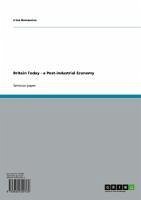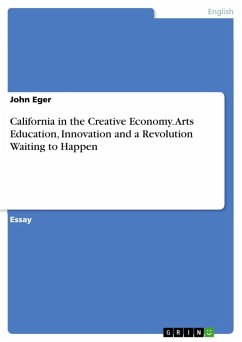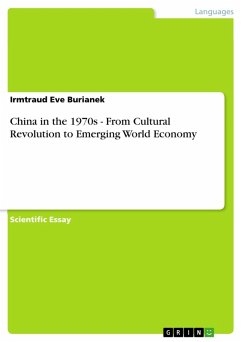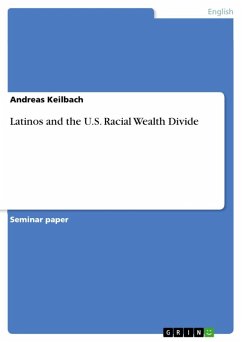Introduction After the World War II Britain, although still a world power, was no longer a major one, and its position dwindled still further as it shed its Empire and attempted to negotiate entry into the EEC. Britain's economic policies after the end of the World War II can be divided in to 3 main periods. The period 1945-1979 is characterised through Keynesian short-run demandmanagement policies. The British economist J. M. Keynes (1883-1946) advocated expanding the welfare state. In concrete terms this meant the development of a state- financed system of social security accessible to all citizens and state responsibility for the economy. According to this theory, the state should be more active in introducing regulations and controls aimed at influencing prices and wages, rather than just implementing economic policy in an attempt to prevent recession. Within Keynesianism, full or high employment was made a primary objective. State intervention in a "mixed" economy was also accepted. Since 1979, the traditional Keynesian approach to macroeconomic policy had fallen from political favour. Monetarism was made an alternative to the post-war Keynesian orthodoxy. The Conservative government, which came to power under the leadership of Mrs Thatcher, was determined to make a complete break with the past in its management of the British economy. In contrast to Keynesian short-run demand policy, emphasis was placed on improving the long-run, supply-side performance of the economy. Like the economists of the 1920s and 1930s who were criticised by Keynes for putting too much faith in the market system, the new priorities (which actually were not new but just taken from the 1920s and 1930s) were for "sound money", "balanced budgets", "more competition", and an overall reduction in public ownership and expenditure.1 Also, the abandonment of control over prices, incomes and capital movements, the return of stateowned industries to private ownership and management as well as the reduction in the power of trade unions combined with the reform of labour laws, were all seen to be necessary. This policy is known as Thatcherism. The term came into use in the early 1980s, pejoratively introduced by the journal Marxism Today, but given favourable connotations by N. Lawson, a high-powered financial journalist and later the Chancellor of the Exchequer in the second Thatcher administration.
Dieser Download kann aus rechtlichen Gründen nur mit Rechnungsadresse in A, B, BG, CY, CZ, D, DK, EW, E, FIN, F, GR, HR, H, IRL, I, LT, L, LR, M, NL, PL, P, R, S, SLO, SK ausgeliefert werden.









